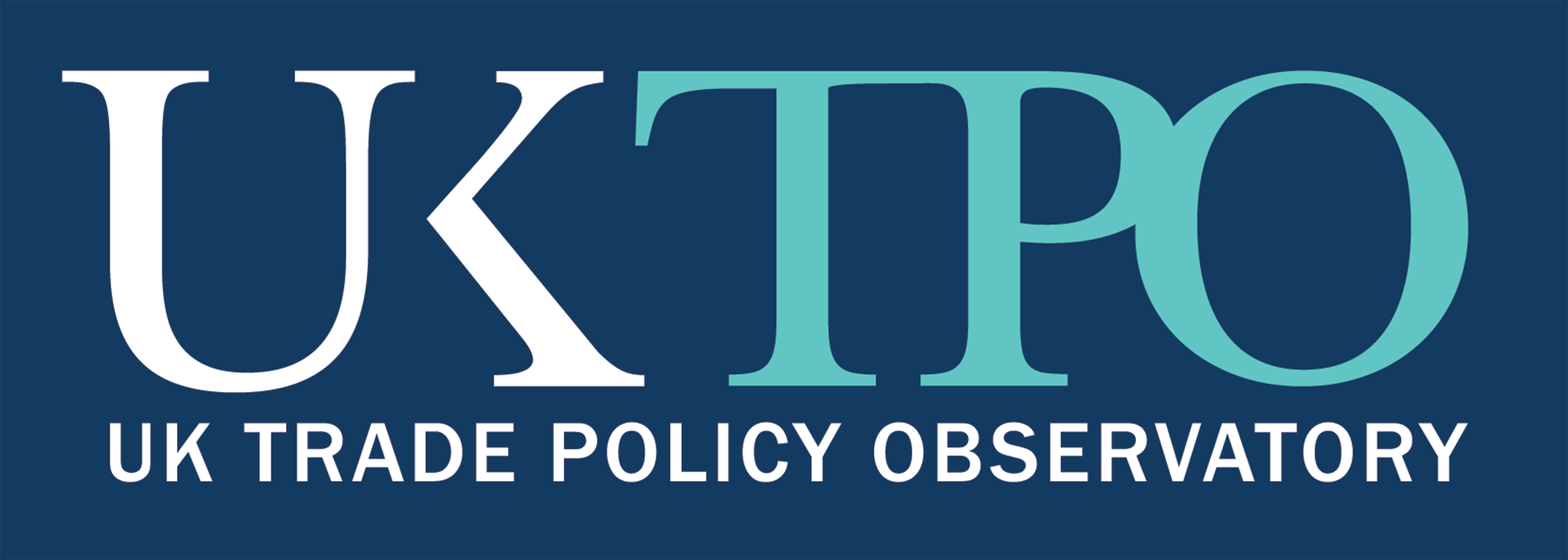Trump’s steel and aluminium tariffs: A problem for some products
You will have read many columns in the past weeks on the wild and unstable tariff-hikes announced by the Trump 2.0 administration. Yet, only a fraction of these announcements was effectively implemented. Here we look at one of them, the steel and aluminium tariffs, and try to gauge their relevance for UK exporters. Let us start by recalling the core elements of the policy. On March 12th the US applied new and higher import tariffs on steel and aluminium products from all countries. These tariffs expand the existing “Section 232” tariff programme on steel and aluminium, first applied in 2018 by the Trump 1.0 administration, in three main ways: all existing exemptions and special arrangements were closed. After the application of Section 232 tariffs in 2018, several countries reached arrangements with the US to be fully or partly exempt from these taxes. The UK benefited from tariff-rate quotas on both steel and aluminium but this arrangement, together with those of several other countries (including, among others, the EU, Canada, Mexico, Japan, and Australia) was now terminated. tariffs on aluminium products were increased from 10% to 25% tariffs were expanded to cover several products containing steel and aluminium, i.e. derivatives produced [...]

